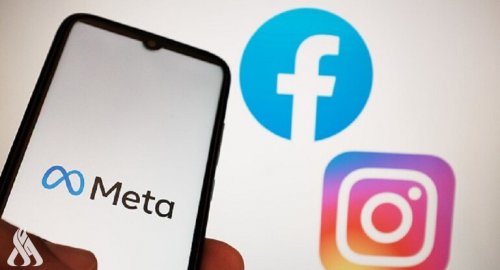
Google to bring privacy tools which will delete unwanted ‘personal’ images

- 6-08-2023, 09:52
INA- SOURCES
New privacy tools will be launched by Google which will allow people to gain more control over unwanted personal images online and make sure that graphic or explicit photos are not appearing easily in search results.
The new update over personal explicit images in Google policies means that users will now have the power to remove explicit and non-consensual imagery of themselves that they no longer wish to remain visible in searches.
The new update means that even if explicit content is created and uploaded by an individual on a website, and now no longer wants it to be available on search, they can simply make a request for removing it from Google search.
Google has now made such forms for submitting such requests also simpler. The policy is not applicable to image users who are currently and actively commercialising. The policy is also applicable to websites which contain personal information.
A new dashboard will be rolled out by Google, which is only available in the US in English initially, and will allow users to know search results which display their contact information. The users can quickly add their request for the removal of these search results from Google. A notification will also be sent by the tool when new results with information about the user pop up in a search.
Google will also implement a new blurring setting in SafeSearch as the default on Google search for people who do not have SafeSearch filtering on.
The new settings will blur the explicit imagery, adult or graphic violent content by default when they will appear in search results. At any time, the setting can be turned off unless a person is a supervised user on a public network which has kept this setting as default and locked it.
For example, in a Google search for images under “injury”, the search engine will blur the explicit content to prevent users from being shown graphic content. Initially, Google announced this safeguard in February and it is now going to launch it globally in August.
SOURCE: WION
China Says It 'Firmly Opposes' US Military Aid To Taiwan
- International
- 07:36
First joint picture of Greenland Ice Sheet melting, ESA
- Multimedia
- 09:28
US Central Command: We killed ISIS terrorist leader Abu Yusuf in Syria
- International
- 24/12/20
Liverpool compete with Real Madrid to sign Olympique Lyonnais star
- Security
- 24/12/19
ISC, ADX discuss Strengthening Economic Ties
- Economy
- 24/12/16
Iraq assumes presidency of Arab Investment Company’s Executive Board
- Economy
- 24/12/17












